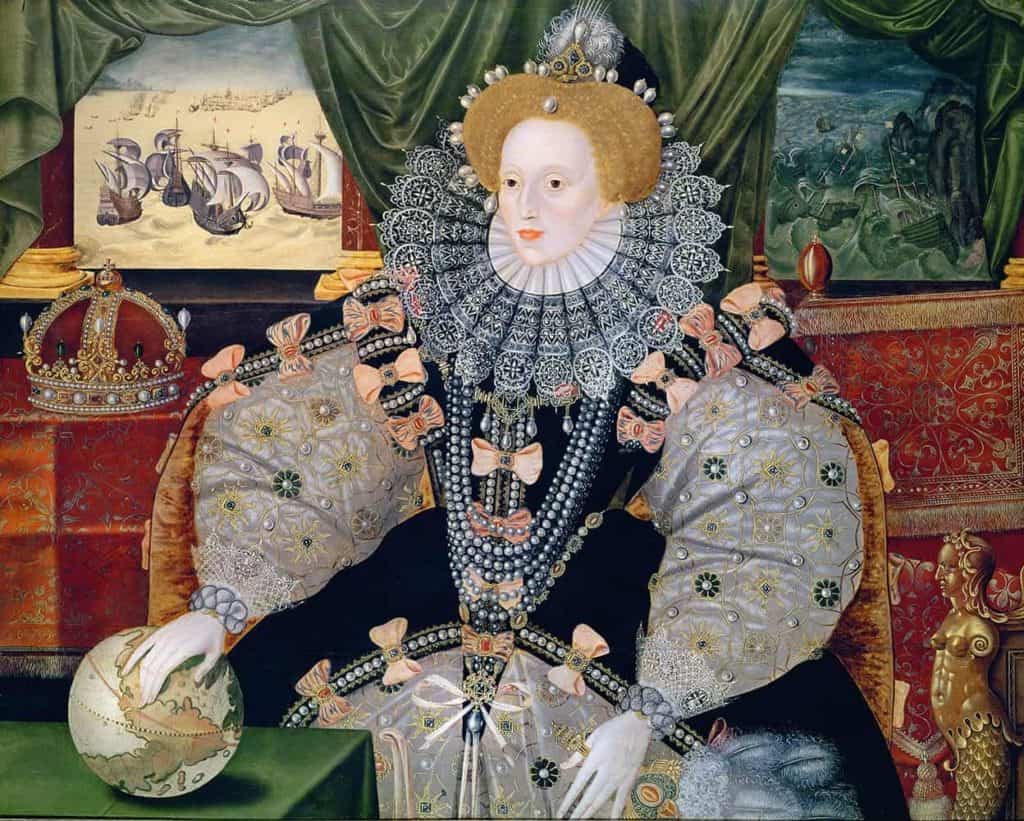Theresa May has been compared to Elizabeth the First. Early in her tenure, Jacob Rees-Mogg lauded her as Gloriana – astride the domestic political scene, dominating the polls, scattering Citizens of Nowhere and Enemies of the People to the desert of irrelevance.
No doubt Rees-Mogg regrets his early adulation. The reality of May’s subsequent general election debacle and tack to a close economic partnership with the EU dawned. Yet comparisons to the Virgin Queen have continued.
As with Elizabeth, beset by enemies domestically and overseas, she has survived and arguably skillfully used the fragmentation and diversity of opposition since her election mistake to play each element against the other. She absorbed her main Brexiteer rivals into her court, only to leave them isolated and eventually force them to buy in or resign.
Using guile, she told all what they wanted to hear and ran down the clock to reduce her adversaries’ options. She has, it seems, in her negotiations succeeded in a producing a pragmatic Brexit plan which protects the economy and allows the UK to leave the EU.
In reality she had no real choice. The EU is one of the largest trading blocks on the globe with clear rules. The UK has found it extraordinarily difficult to circumvent those rules without economic disruption. The UK is also nowhere near ready with customs and infrastructure plans to deal with any rupture in a Brexit process.
The focus is now on the forthcoming meaningful vote in Parliament. May’s fragmented opposition appears to be uniting in rejection of her plan. May could win and a fierce near two-year battle for the economic and cultural future shape of the nation would flare up once more, with the trade deal as a catalyst.
The deal however may well get voted down. There would be calls for May to stand down and perhaps face a leadership election. Labour will call for a general election.
Yet she does have cards to play. In the event of a vote against, she has 21 days to go back to Brussels to tweak the terms. She could negotiate an extension to Article 50 to buy more time. She could call a “back my deal in the national interest” general election or in her view, and perhaps as a last resort support a new referendum.
She could win or avoid a leadership challenge because of the tight timetable and sense of national crisis. May also has an advantage in that she now has a deal on the table whereas her opponents’ visions can be seen highly uncertain. Labour claim they could negotiate a better deal with all the benefits of membership, the ERG wants to trade on WTO rules. Both visions are open to scepticism and will be subject to yet more scrutiny.
Perhaps the biggest risk to May is that her deal comes to represent the humbling of a great nation – in regulatory thrall to a regional economic superpower but with no realpolitik power in the halls of Brussels, Paris or Berlin.
This analysis is personified by the Brothers Johnson. Both with very different visions of Britain’s future but united in horror as to where the country finds itself. They could find themselves on either side of new referendum battle.
More political turbulence is inevitable. After all, Queen Elizabeth was followed by James I and the Gunpowder Plot…
Help us lay the intellectual foundations for a new radical politics. Sign up to get email notifications about anything new in this blog. See also our new book: Backlash: Saving globalisation from itself.





